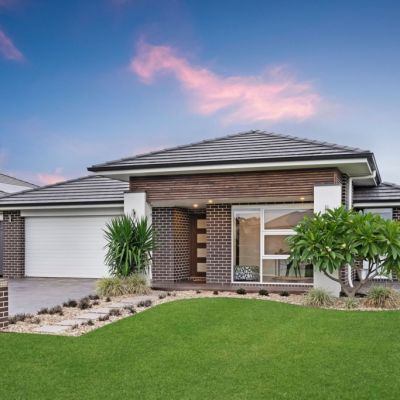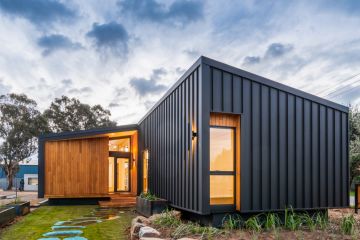What first-home buyers need to be looking out for right now
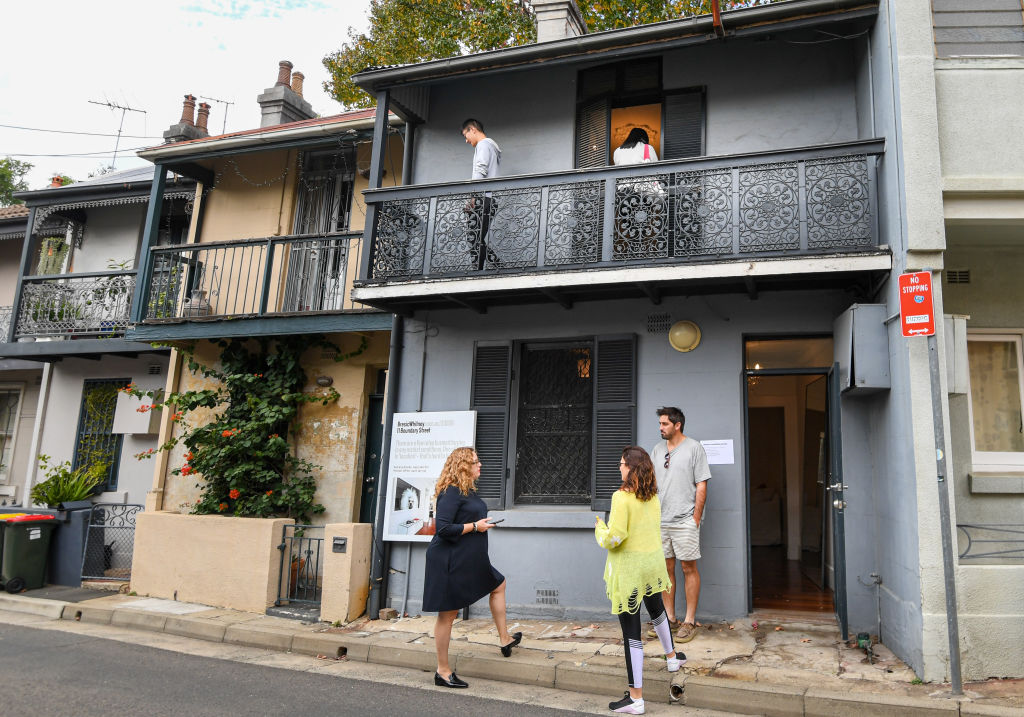
It’s not surprising that many first-home buyers keeping abreast of the latest property news are feeling the “fear of missing out”. Interest rates are at an all-time low, restrictions on public auctions have eased, and some homes have been discounted.
While these conditions can provide a boost for first-home buyers, on the flip side the number of homes for sale in April dropped 11.9 per cent year-on-year due to the advent of COVID-19 lockdowns and subsequent economic uncertainty.
With fewer homes to choose from, first-home buyers need to make sure they’re buying the right home and not a lemon.
Focus on value, not bargains
Buying a property should not be approached like snagging a deal on an item from a sales rack. While it may be tempting to add an extra bedroom to your search criteria as prices drop, you may end up having to forgo features that were more important to you before market conditions changed.
“My advice is always to wait and it’s never to feel pressured into buying the wrong property,” said buyer’s agent Jen Storey. “It is really tempting while the market is a bit depressed right now and there’s that fear of missing out.”
Buyer’s agent Grant Foley said a cheap property was probably cheap for a reason.
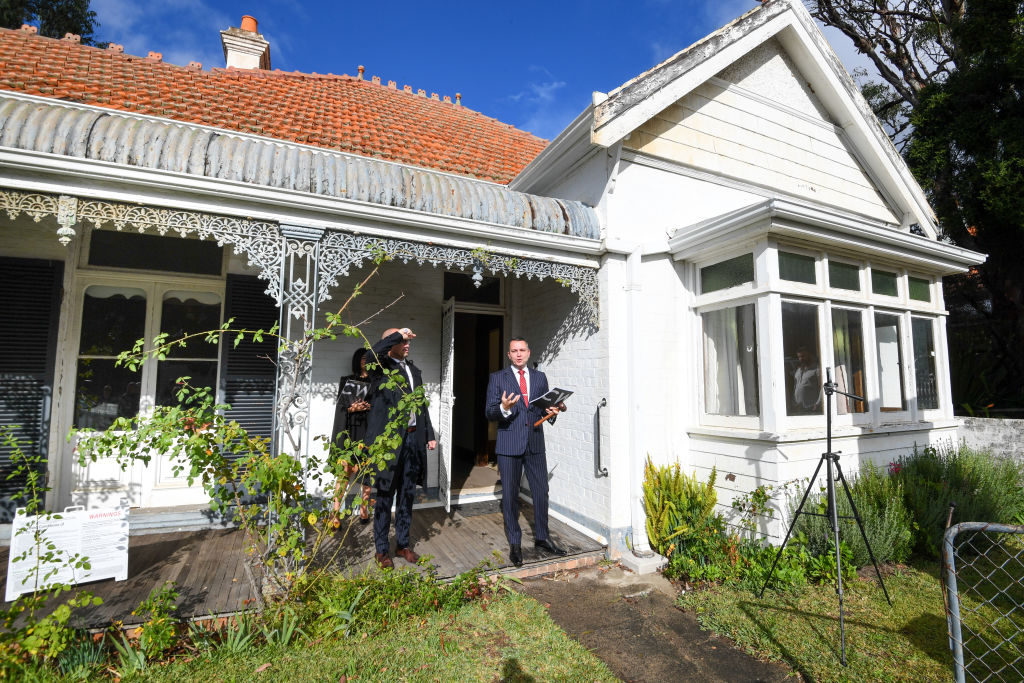
“It’s got to be about buying quality assets. It’s about value, not bargains,” he said. “As a first-home buyer, you really want a quality asset that will then set you up for bigger things down the track.”
Storey says to consider any future residential development in the area, which could later affect the value of the home.
“If you’re buying a unit that’s surrounded by lots of other units, and cranes of other units getting built, it’s not going to be as good of a purchase when you go to sell it or rent it later.”
Location, location, location
Choosing a location is somewhat personal, but there are some key indicators buyers should look out for.
Foley and Storey list convenience, proximity to work, transport, and lifestyle options such as parks and cafes as paramount. Although they may not be on all first-home buyers’ priority list, local schools should be considered.
Buyers should remember that a lacklustre house can be improved, but its location can’t be changed.
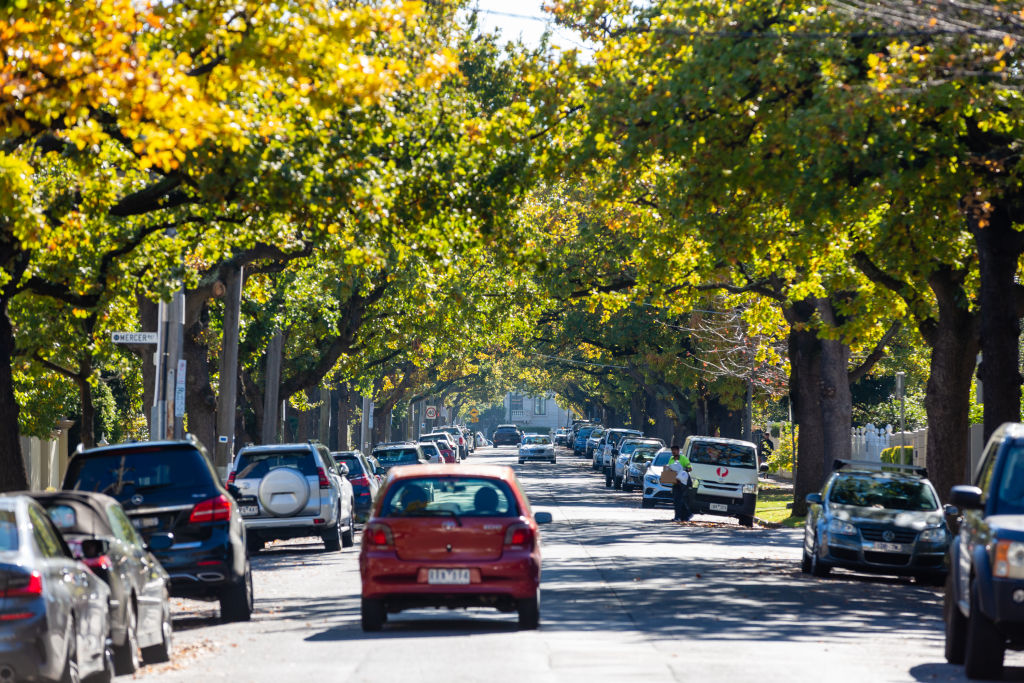
“There’s a risk that some first-home buyers can get romanced by beautifully presented or renovated properties that might be in poor locations,” Foley said.
“If the property is on a really busy main road, you can never change that. As nice as the kitchen or bathroom renovation is, it will always be a C-grade property.
“Then it’s about whether the property is in a good street or pocket within the suburb. The old saying ‘worst house in the best street’, there is some merit to that.”
Foley recommends being close to public transport but not being positioned directly on a train line.
Have a clear idea of any flight paths or traffic congestion that run near your property of choice to avoid being disappointed by noise pollution down the track.
Prioritise layout and structure
After considering location, buyers should prioritise finding a home with a floor plan that suits their current lifestyle, thereby avoiding the need for significant expensive renovations, Storey recommends.
The cost of any work that a home requires should also be factored into the budget from the start.
“While a house might look really cute or you like the appearance, what you need to look for is the things you can’t change,” Storey said. “It’s really expensive to change the location of the kitchen or bathroom or laundry, so you need to make sure the floor plan works for you.”
Foley said features such as being scarce and having good bones could help ensure the property had enduring appeal when the time came to sell.
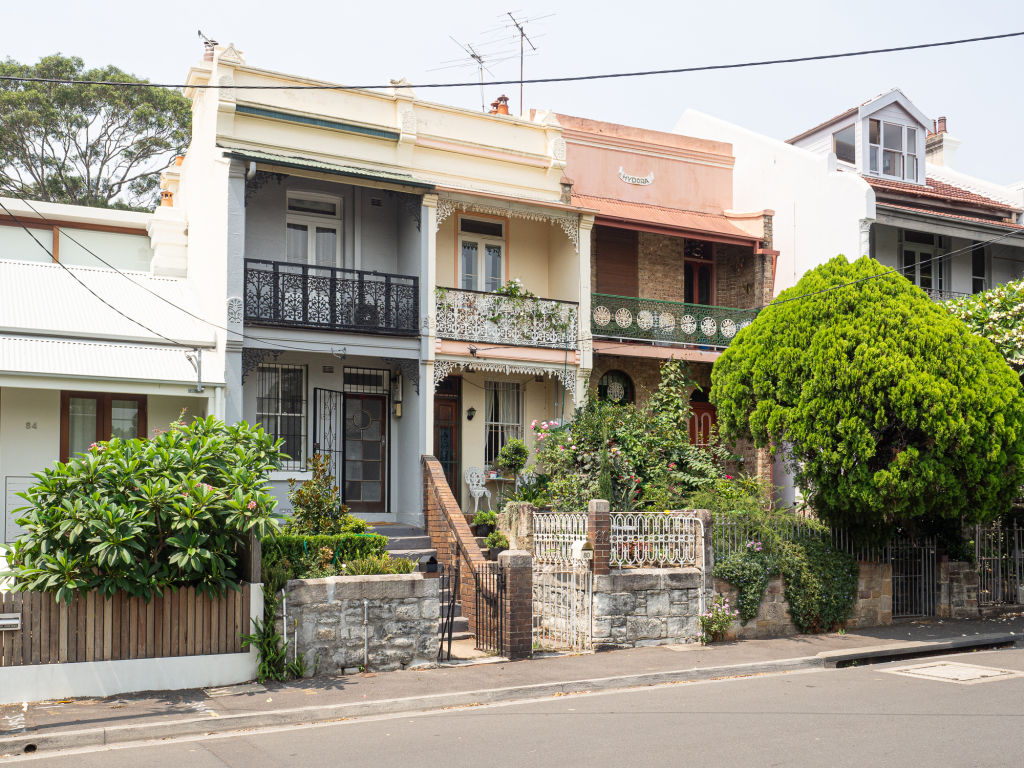
“First-home buyers can do well with properties with good bones that you can improve on or add some value down the track – like a period home, a period terrace or a small flat in a small complex – so that there’s that element of uniqueness,” he says.
If you’re looking at units, optimal orientation to promote natural light and airflow is a point to consider: “North or north-east is ideal – that’s something you just can’t change,” says Storey.
Consider life in five, 10 years’ time
For buyers considering starting or expanding their family while living in their first home, purchasing a property with room to grow can avoid the need to upsize too quickly.
“Ideally your first home, if you can afford it, should have some scope to grow into it,” Storey said. “A small yard would be ideal. If you can afford a third bedroom or a second bathroom then it might delay you growing out of the home.
“For your first home, you probably want all your bedrooms together, if you’re looking at having a young family there.
“I often advise my clients to look at things like a bathtub in a house because if you’re going to have young children or a growing family, something as simple as a bathtub could well be a deal-breaker.”
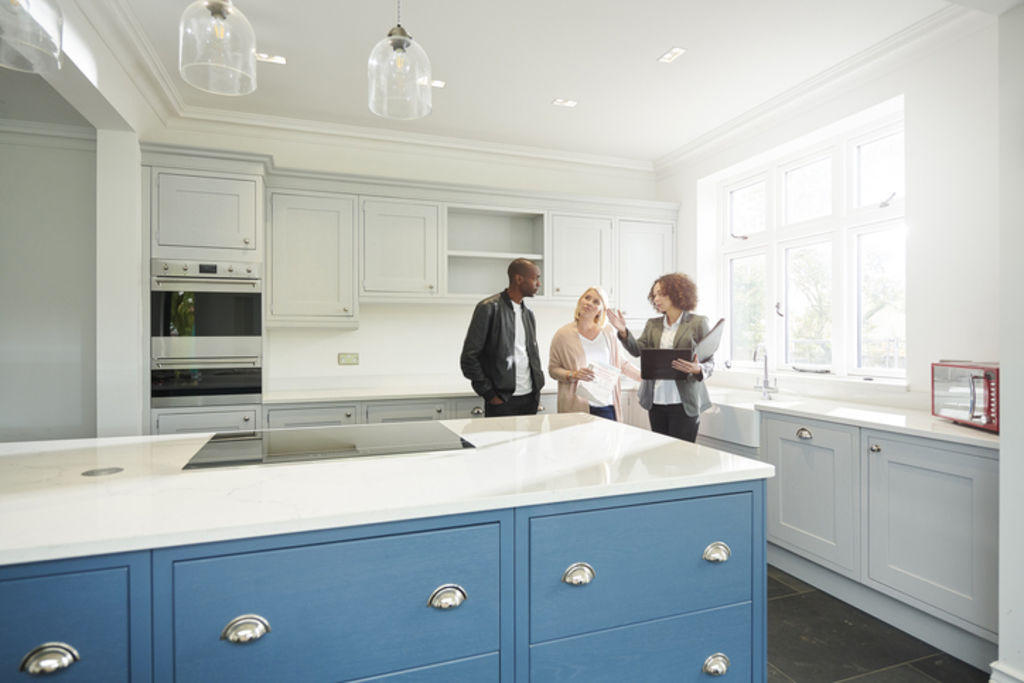
Build relationships with selling agents
With fewer homes listed for sale, local agents hold a wealth of knowledge on upcoming properties for sale.
“Right now when the stock is lower and there’s not as much around, talking to the agent will tell you what is coming up and point you to other listings that are suitable for you,” Storey said.
Foley recommends placing yourself on the radar of agents in your area so you’re in the best position when new listings come on the market.
We recommend
States
Capital Cities
Capital Cities - Rentals
Popular Areas
Allhomes
More

